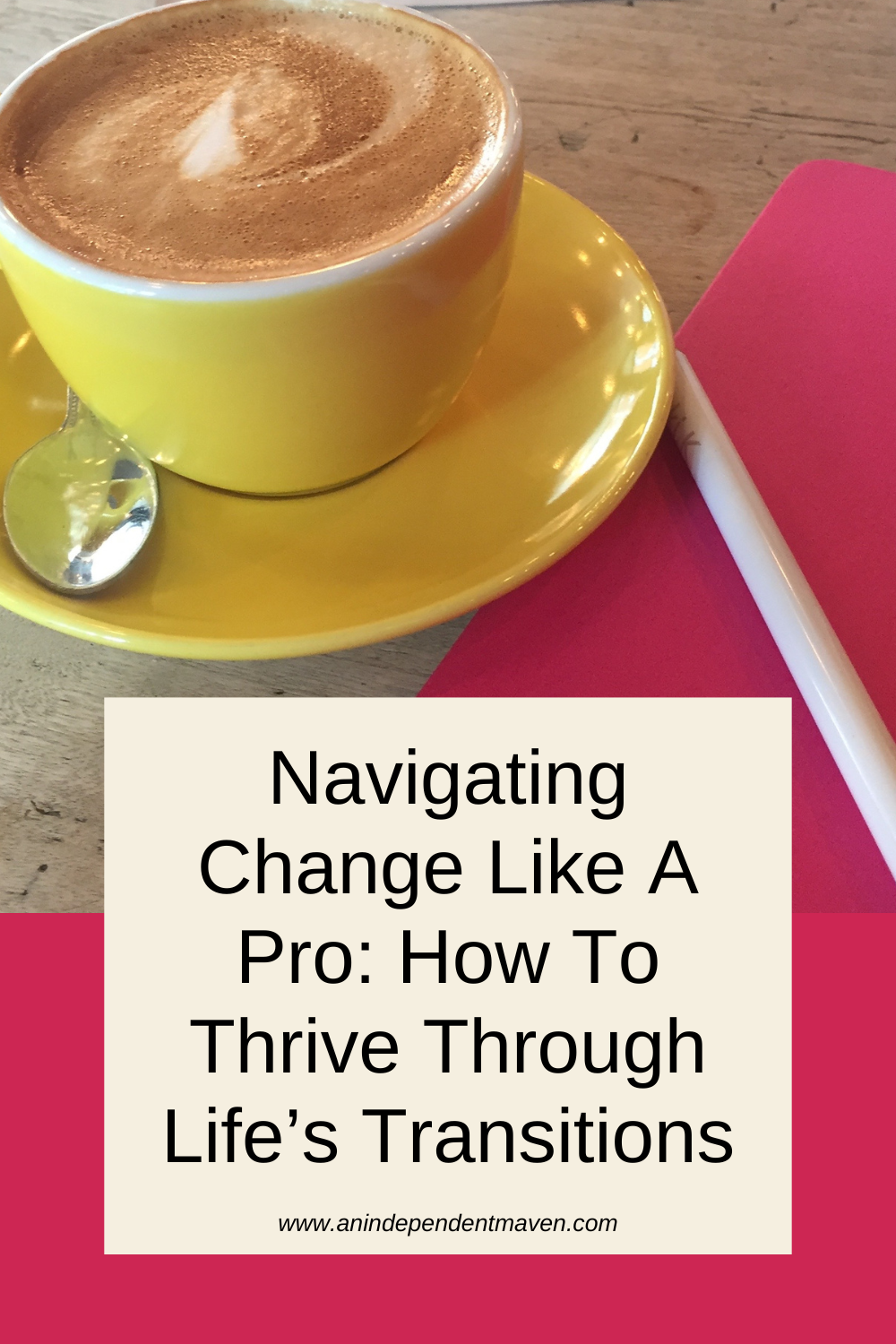- Mar 19, 2025
Navigating Change Like A Pro: How To Thrive Through Life’s Transitions
- Sara Satterthwaite
- Life Lessons
- 0 comments
Change is the only constant, right? Recently, I’ve been having some deep conversations about change. One stood out where I said, “I don’t know what I’m worried about. Change is so constant for me; I’m used to this.”
The context? I was wondering if I had the capacity to take on something new with all the change happening in the next few months. In another conversation, we discussed how even welcomed change can stretch your limits. Just because you’re good at adapting doesn’t mean you’re immune to the toll it can take.
And that’s the thing, change is inevitable. How you handle it makes all the difference.
My Journey Navigating Change
The last few years have been a whirlwind of transformation. Let’s break it down:
Five years ago:
I was made redundant.
Ended a long-term relationship.
Had my visa to continue living in London rejected.
Moved back to New Zealand at the start of a global pandemic.
Four years ago:
Started an incredible job in IT.
Moved back to the city.
Bought a house.
More recently:
Qualified as a life coach.
Launched my coaching business and worked with amazing clients.
Had two wonderful flatmates come and go from my cozy little home.
And the best part? I fell madly in love with a man who continually exceeds my expectations.
Despite the ups and downs, the overall trajectory has been one of growth and progress. So, what have I learned from it all?

Lesson 1: Control Is A Balancing Act
We often think we have more control than we do. Or less than we actually do. But the truth lies somewhere in between. You can’t always predict what emotions will surface when change happens.
Take buying my house, for example. I was ecstatic but also hit with unexpected emotions. Putting down roots after years of moving was weird. And the responsibility of owning a house? That was a heavy weight.
What helped was choosing how to react. I allowed myself to feel what I was feeling, stayed curious, and refused to make it mean anything about me as a person. It’s about observing, not overidentifying with the feelings
Over time I adjusted to being a home owner and the conflicting emotions dissipated.
Lesson 2: Question Your Stories
When faced with change, your brain loves spinning wild, dramatic stories. Thoughts like:
“You’ll be single forever.”
“You can’t manage a house on your own.”
“You should be happy all the time. What’s wrong with you?”
Here’s the truth: It’s all noise. The easiest way to shut it down?
Ask yourself: “Is this true?”
Spoiler alert: Usually the answer is no. Most of it is just creative storytelling from a mind craving certainty.
Follow up with asking: “What are the facts of this situation?”
In my home buying example, the facts were I bought a house. I had support around me to help navigate the new role of home owner. I trusted myself to figure it out.
Reminding yourself of facts is super grounding in the midst of change.
Lesson 3: Acceptance Opens Doors
Trying to control what you can’t only leads to frustration. Sometimes, change comes uninvited; breakups, redundancies, rejection letters.
Even when things don’t go to plan, it’s not a dead end.
Acceptance is about embracing reality as it is. When you drop the resistance, you create space to see other possibilities. You can then evaluate objectively:
“I don’t want to be with someone who doesn’t want to be with me.”
“That job would’ve been great, but the project wasn’t my passion.”
“That house needed way more work than I was ready to take on.”
Acceptance isn’t about giving up. It’s about acknowledging what is so you can pivot toward something better.
And as Bryon Katie says, “Every time you fight reality, you lose.”
Thriving Through Change
At the start of this blog I said that change is the only constant. Take my lessons and use them to feel confident in your ability to navigate change.
That confidence will make it easier for you to instigate change when it’s needed. Leaving relationships, changing jobs, moving house. You’ll stop feeling like you wasted time trying to get out of making the move, and just get on with it.
Navigating change isn’t about having everything perfectly figured out. It’s about being adaptable, open-minded, and willing to question the stories you’re telling yourself. Embrace the uncertainty, because on the other side of change is where the magic happens.
You’ve got this.
Want to learn more lessons from my life experiences? Sign up for the Mavenhood Mail newsletter for monthly reflections and more.
Never miss a post!
Subscribe for new posts in your inbox.